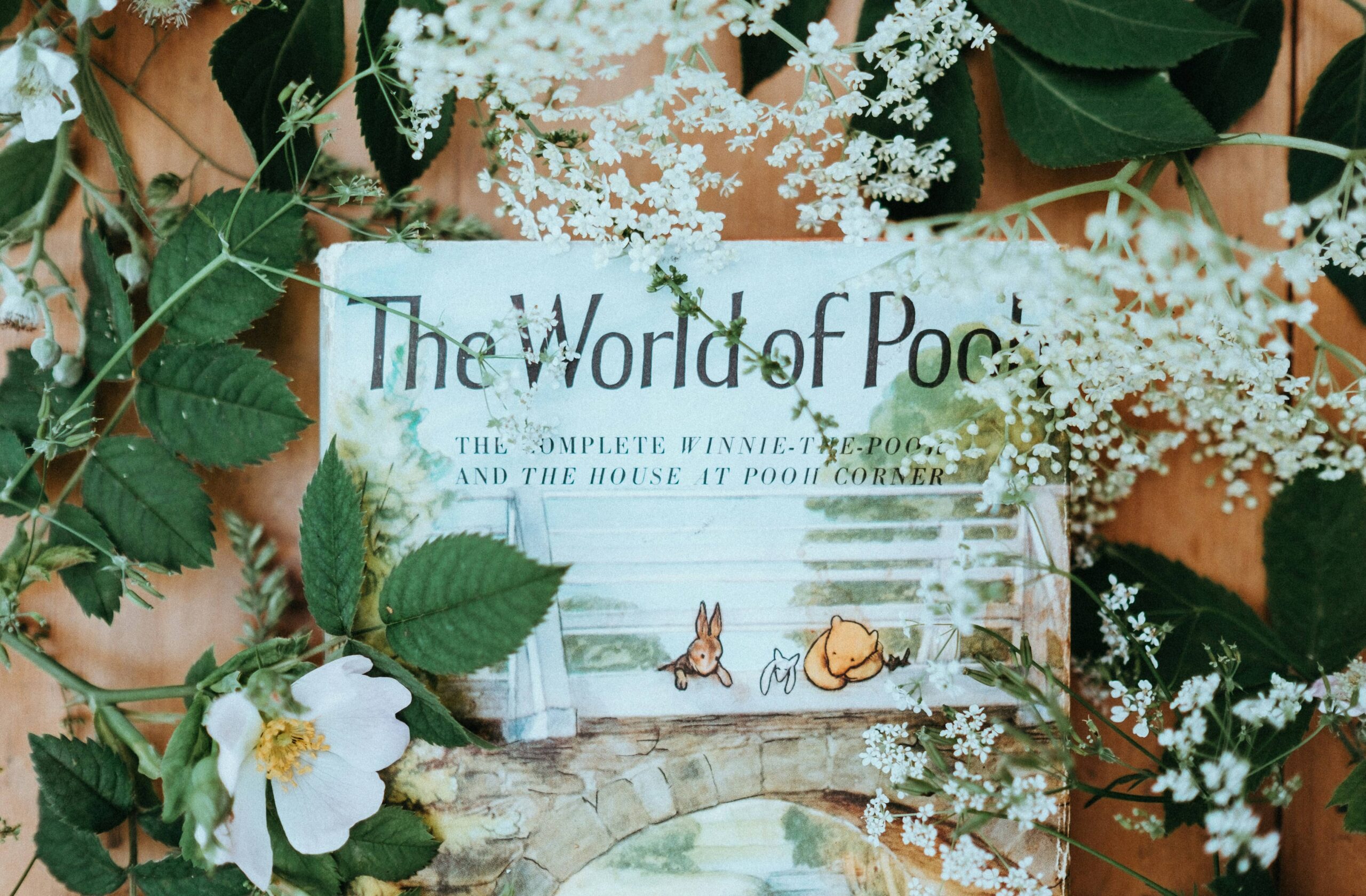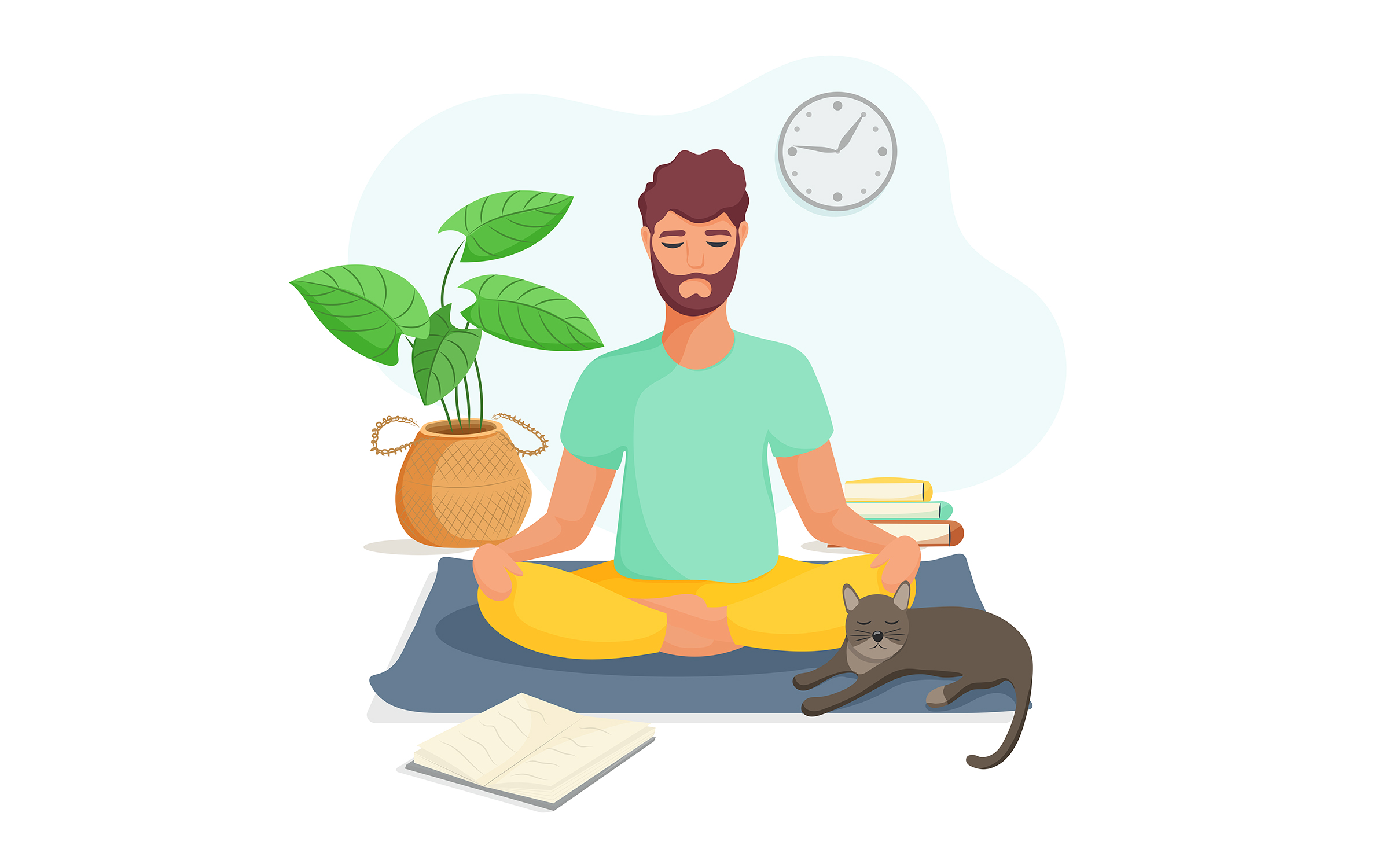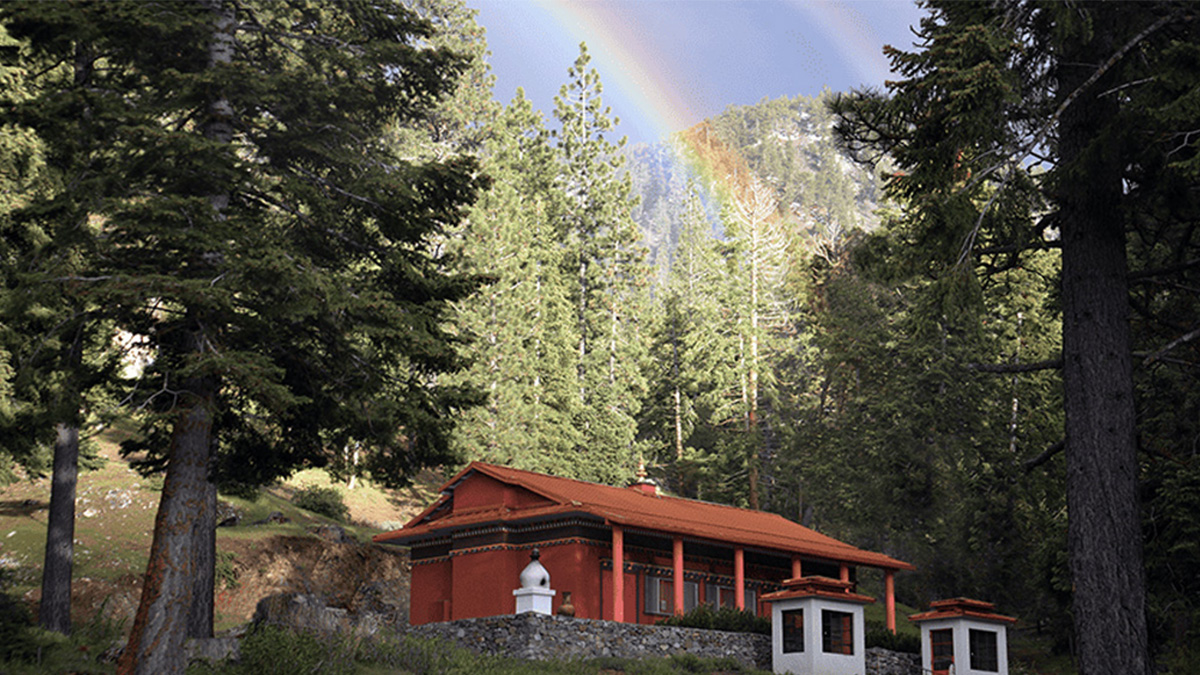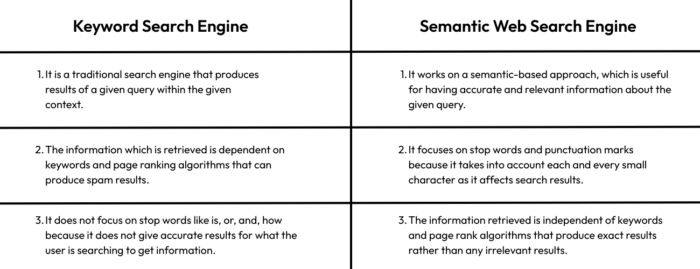10 Lessons About Life That Make Minimalism Easier
Minimalism isn’t about deprivation; it’s about intention. It’s about choosing what matters most and letting go of the rest. Here are ten life lessons that not only resonate deeply but also make embracing minimalism a natural and fulfilling choice....


Minimalism isn’t about deprivation; it’s about intention. It’s about choosing what matters most and letting go of the rest. Here are ten life lessons that not only resonate deeply but also make embracing minimalism a natural and fulfilling choice.
1. Time is our most precious resource. Life is fleeting, and every moment counts. When we recognize the finite nature of our time, we become more selective about how we spend it. Accumulating possessions often consumes our time—shopping, organizing, maintaining. By simplifying our lives, we free up time for experiences, relationships, and passions that truly enrich us.
2. Experiences bring more lasting joy than possessions. Research confirms it: people derive more happiness from experiences than from material goods. Experiences become part of who we are, create lasting memories, and foster deep connection. Unlike possessions, their value doesn’t diminish over time.
3. Living within our means leads to peace. Financial strain from overspending is one of the most common sources of anxiety. Minimalism encourages us to focus on what we truly need—reducing debt and unnecessary expenses, and inviting a sense of freedom that money alone can’t buy.
4. Our children learn from our example. Envy, comparison, and consumerism are habits learned young. When we model contentment, gratitude, and simplicity, we pass along a mindset that values people over possessions—and moments over materialism.
5. All resources are finite. Our time, energy, money, and attention are limited. When we remember this, we become more intentional with how we invest each one. Minimalism isn’t about less for the sake of less—it’s about less distraction, so we can give more to what truly matters.
6. Clutter creates mental noise. A cluttered room often mirrors a cluttered mind. Visual distractions—stacks of paper, overcrowded shelves, overflowing closets—steal our peace. Clearing physical space often leads to emotional clarity and sharper focus.
7. Gratitude beats accumulation. More stuff rarely leads to more satisfaction. In fact, it can dull our appreciation for what we already have. Minimalism teaches us to slow down and savor. Gratitude reframes what we once called “not enough” into “more than enough.”
8. Less opens the door to deeper connection. When we stop managing so much—so many things, obligations, and purchases—we have more bandwidth for the people we love. Simplicity clears the path for presence. And presence, more than anything, deepens relationships.
9. Simplicity fuels creativity. A quieter life leaves room for wonder. With fewer distractions, our minds are freer to imagine, build, write, paint, explore. Some of the world’s most creative individuals attribute their innovation to a lifestyle of restraint and clarity.
10. Letting go is liberating. We often hold on to things because of guilt, fear, or nostalgia. But we change, and our needs change too. Releasing what no longer serves us—whether possessions, obligations, or expectations—can be one of the most empowering acts of all.
Minimalism isn’t a finish line. It’s a mindset—an ongoing pursuit of what’s essential. The more we embrace these truths, the more natural it becomes to live with purpose, clarity, and joy.

 Hollif
Hollif 






























